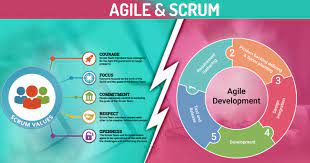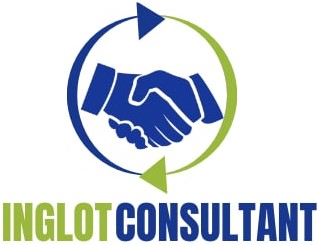Overview
Agile software development refers to software development methodologies centered around the idea of iterative development, where requirements and solutions evolve through collaboration between self-organizing cross-functional teams. The ultimate value in Agile development is that it enables teams to deliver value faster, with greater quality and predictability, and greater aptitude to respond to change.
A Scrum process is distinguished from other agile processes by specific concepts and practices, divided into the three categories of Roles, Artifacts, and Time Boxes. These and other terms used in Scrum are defined below. Scrum is most often used to manage complex software and product development, using iterative and incremental practices. Scrum significantly increases productivity and reduces time to benefits relative to classic “waterfall” processes. Scrum processes enable organizations to adjust smoothly to rapidly-changing requirements, and produce a product that meets evolving business goals. An agile Scrum process benefits the organization by helping it

